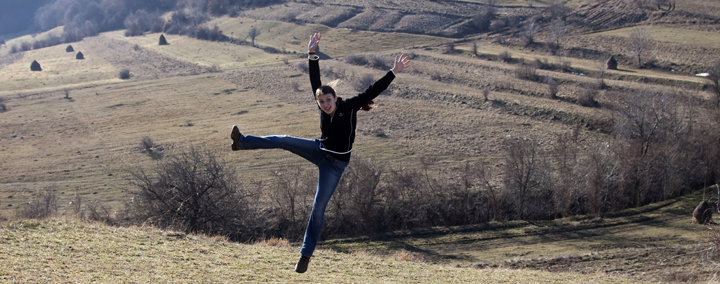 Can you imagine being asked when was the last time you had some play time? How can playing help you to be happier and healthier? I remember when I had young children how natural it came to them to play. Play time was essential to their being nurtured and also how they learned. The difference between an adult and a child is that play comes naturally to a child. A child knows how to be in the imaginal world and how to use imagination and play as a way of life.
Can you imagine being asked when was the last time you had some play time? How can playing help you to be happier and healthier? I remember when I had young children how natural it came to them to play. Play time was essential to their being nurtured and also how they learned. The difference between an adult and a child is that play comes naturally to a child. A child knows how to be in the imaginal world and how to use imagination and play as a way of life.
So how can you begin to include more play in your life? For adults this can be a hobby such as playing tennis, cards or even a musical instrument.
How you might also ask could play help you in your work life by embodying a spirit of playfulness while doing your job? The key thing to begin to shift, if you want to bring more play into your life is to lose the negative inner critic voice and the sense of a grim determination to succeed, change, excel, get what you think you want. You need to become more playful about thing.s and allow things to just “be.”
What do I mean by being more playful? Play is: “liking play; being prone to play, like a child or kitten; experimental; frolicsome,” says the dictionary. It is also being “lighthearted, in the now, letting go of judgment, gently poking fun at oneself.”
Experts agree that playfulness reduces stress and makes us feel happier:
- It is a sign of health among animals. Scientists say the healthier and safer the herd feels, the more they play.
- Playfulness is one of the signs of a marriage that is likely to last, according to relationship researcher Dr. John Gottman. It can ease tension during times of stress.
- “Playfulness motivates people to learn mathematics and makes them more likely to own what they learn,” says the National Centre for Excellence in the Teaching of Mathematics.
- People who practice “laughter yoga” reduce their blood pressure as well as the stress they feel.
- Finally, playfulness made the short list of the 24 most important human strengths identified by researchers in the Positive Psychology movement.
- Learning to incorporate play in your life is your first step towards raising your happiness set point.
Happiness is a function of your personality. To be happier you need to cultivate a happier personality or way of seeing your life and life itself. Play helps you to do this.
Play is also important for reducing stress. It’s important that you have at least one activity that you do regularly just for fun. Hobbies and reconnecting with art and creativity is another way to play. When you play or get involved in a hobby you tend to get really engrossed in the activity you enjoy. You can even begin to experience a state of being know as flow, in which your brain is in a near-meditative state. This can have enormous benefits just like meditation does.
Some people are even able to turn their hobbies into careers at some point, and end up with a lifestyle where their work is their play. This is I believe what really creates lasting happiness. Here is a great resource to begin to spark your interest in playing more.
[…] Many behaviors that are about over consuming are often ones that are similar to self-medicating. People turn to things, whether it is shopping, drinking, or spending to get a lift, a boost or to numb out what they do not want to feel. Sometimes there is a legitimate chemical imbalance and in that case, I suggest finding a good naturopathic doctor to identify what might be out of balance. Many people are taking anti-depressants instead which do not target underlying imbalances and are more of a one size fit all solution. A good place to learn more about this is Julia Ross’ book the Mood Cure. Exercise, play and taking up a hobby are also great ways to boost your mood. See my blog on how play and hobbies help you lose weight. […]